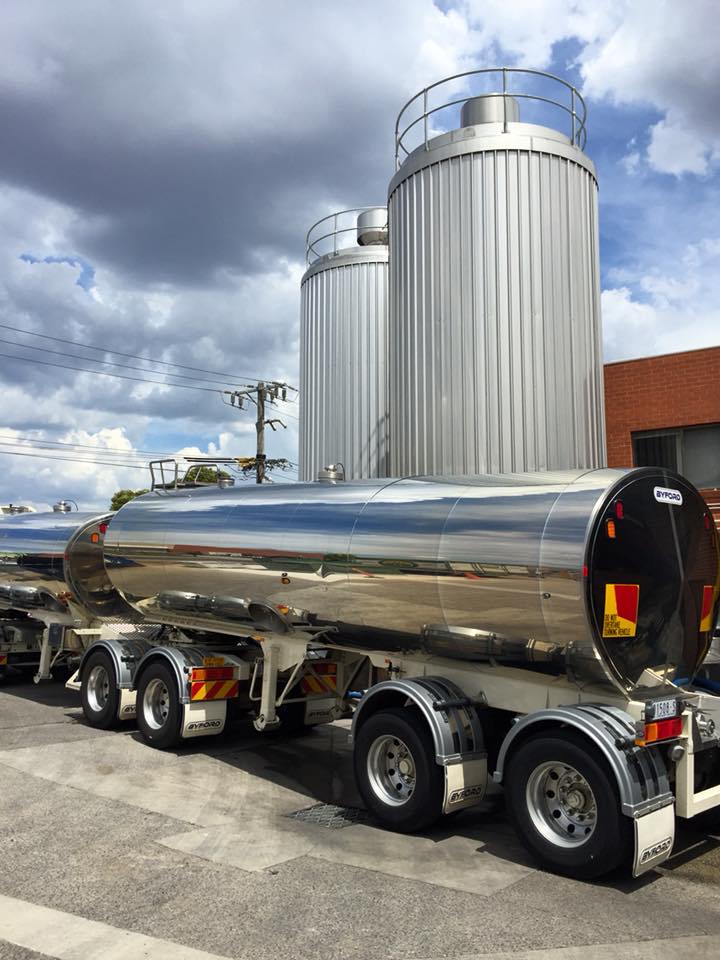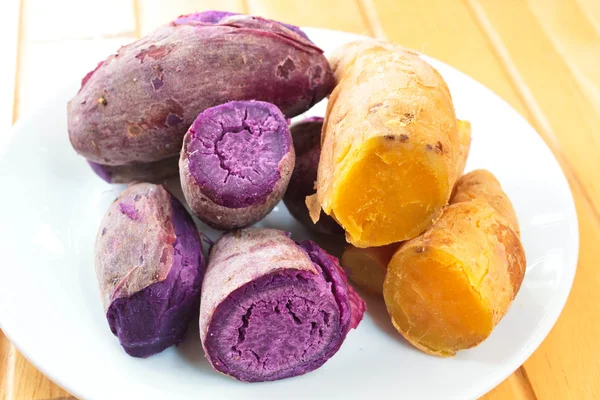Are you looking for a solution to reduce your milk losses or wastage. One of the cheapest way is use of milk coolers or chillers. In this article, we explore types of cheap milk coolers fit for you.
Each day, the dairy farmers, coops and traders suffer milk losses. This perishable dairy product can spoil while on the farm, during transit, processing or distribution to retailers and consumers.
A milk cooler can keep the raw fresh milk to below 4 °C as soon as possible after milking. You can also do it within 3-4 hours at most. The modern milk chillers are custom made for small-scale farmers or a large-scale milk processor.
Benefits of a milk cooler
Does your dairy farm or cooperative need a dairy cooler? There are many benefits you enjoy by installing one as an individual or group of farmers. These are
- Increase your farm profits by reducing milk spoilage.
- Improve quality of milk through accumulation or bulking at farm.
- Reduce your transport costs by cutting unnecessary trips from the farm to a dairy cooperative or processor.
- Negotiate for higher farm gate prices with buyers. You can guarantee a reliable supply of milk volumes.
- Milk chilling is the foundation of investing in value addition and milk processing.
- Sell more milk volumes by increasing its shelf life during distribution.
- Make money by leasing cold storage to milk traders or famers. You will charge them a cost per a liter, or gallon stored overnight.
As shown above, there are many benefits of investing in a milk cooler. It is an agriculture asset that is good for individuals or dairy farmer groups rearing cattle, goats or camels.
Types of milk coolers for dairy cooperatives
You can categorize milk coolers on various criteria. It can be on their energy source, make or use. Typically, you can have bulk tanks, solar-powered mobile chillers or those suitable for retailers;-
Bulk Tanks
Use it if you are a farmer, as cold storage tanks to cool and hold raw milk until it is collected. Trucks can move the milk tankers from farms to processing plants or distribute it in bulk to dispensers.
It has two tanks of high-quality stainless steel materials. Space between is stuffed with polyurethane foam, making them like huge thermos tanks. In case of a power interruption, milk would drop to 1°C in 24 hours when the external temperatures are 30 °C.
Depending on your needs, you can buy;-
- Open tanks; These hold from 150 to 3000 litres of milk. Suitable for micro and small dairy producers.
- Enclosed tanks; These carry 1000 to 10,000 litres of milk. Buy this if you own and operate a medium dairy farm or small processing plant.
- Milk Silos; Suitable for over 10,000 litres of milk. More fit for a processing plant.
Bulk tanks have following accessories, cooling systems (direct expansion or ice banks), air vents and an agitator. Other parts are the inlet, a manhole, a control box, a cleaning system and an outlet. The modern ones have monitoring and alarm systems to measure and report on temperature and functioning of the tank.
Milk Coolers
Suitable for milk (cold drink) traders, especially during summers. You can install it in a cafeteria, restaurant or a supermarket. You will place milk crates in the cooler. Its refrigeration will blow chilled air through the top and bottom of the interior, or chill the walls of the unit. It will cool the equipment’s or containers keeping the liquids cold. For convenience, you can buy either;-
- Built-in chillers; These commercial coolers can fit in counters and shelves. It is a superb choice for cafeteria and beverage lines.
- Fitted Floor drains; These make cleaning work easy for you. You can spray out the milk box and have the water carry the spill down the drain.
- Tray slides; Customers can slide their food trays along as they go through the line.
- Dual-sided models; The reach-in refrigerator types have doors on two sides. Customers on each aisle side of the cafeteria line can shop efficiently.
Best Milk coolers for small-scale farmers
The bulk of milk supply in Kenya is from smallholder herders. Each has 2 or 3 dairy cows in rural areas. Their access to electricity and cold storage is low. The following are ingenious milk cooling and preservation methods for low-scale and domestic applications.
Charcoal Coolers
It uses an evaporative cooling system. The heat from milk will evaporate water in the charcoal walls of the structure, keeping it cool. The limitation of the system is that it is ineffective in moist and high humidity weather.
Immersion Cooling
You will place aluminium milk cans in a stream, river or water tank. It can cool milk to 10 °C. At that warmth, the bacteria activity is low, making them ineffective to spoil milk. In a tank, you can add ice cubes to keep milk cold.
Types of Renewable energy coolers
If you want to run a sustainable and eco-friendly farm, you can use a solar-powered milk cooler. It will use sunlight as its source of energy. You can construct any of two types;-
Solar photovoltaic coolers
This system charges a direct current (DC) cooling system and battery to keep the milk at low temperature. You can have one stationed on the farm or invest in a mobile one. Innovation in Kenya mounts this solar-powered milk chillers to a motorbike, donkey carts, lorry, pickup or a tricycle depending on the capacity. They can keep milk fresh for up to three days.
Solar thermal coolers
It uses solar rays to keep food hot or cold. The heat energy is collected from solar radiation and used to vaporize a refrigerant like ammonia or a lithium bromide water mixture.
How to choose the best milk chillers
There are many factors to consider to shop for efficient milk chiller. These are on your current and projected herd size, calving patterns, frequency of milk collection, required milk quality, energy and water availability.
However, the key ones are energy, use, efficiency, cost, quality and scale of production.
- Energy efficiency; energy costs for cooling and keeping milk low can be costly for you. To cut your costs, look for a milk cooling plant that uses off-grid energy like solar.
- Cost; the initial buying cost for milk-cooling systems can be high. The cost of an imported chiller is more expensive than a locally fabricated one. Farmers can come together in milk producer groups or cooperatives and apply for loans, subsidies or grants to buy the best chiller for their collection hubs.
- Quality; the best tanks use steel that meets international standards. For small-scale farmers, you can use aluminium alloy cans that are fit for carrying human food.
- Scale of production; your cooler capacity should fit your productivity. The typical tank volumes range from 150 to 2500 litters. In case your volumes are lower, consider other cheaper means like the small milk bottles for storing and travelling milk for home use.
- Flexibility. Primary uses for coolers are to Store quality raw milk or prolong shelf life processed milk for traders. To store raw milk use, bulk tanks for sale use the milk coolers or refrigerators. You can also buy a piece of flexible equipment you can use to store different farm products like fresh vegetables and fruits. Expansion and compatibility with newer energy sources or coolants should be a consideration.
Conclusion
Successful dairy farming is a multibillion sector in Kenya. It is a source of income and nutrients to millions of Kenya’s citizens. According to the economic survey of 2020, the annual production was 6.6 billion litres of milk in 2019. It is a priority value chain in over 20 counties according to the ASTGS 2019-2029.
Milk coolers and chillers are necessary on a modern dairy farm. They will cut your milk wastage for dairy farmers and traders, giving you more profits. As an individual or farmers’ group, there are various types can choose. They include solar or mobile ones. To purchase the best, evaluate its cost, quality and energy efficiency.




Good work. keep it up.
where can i get a written proposal to apply for a milk cooling plant?